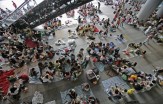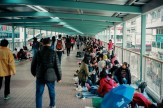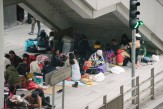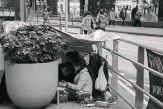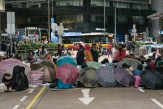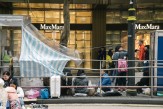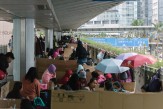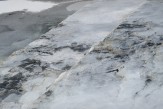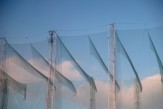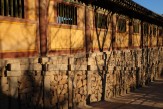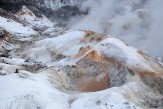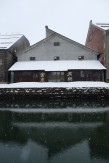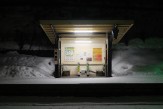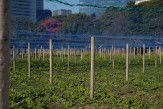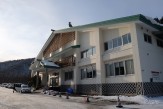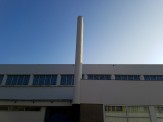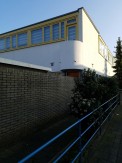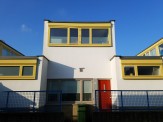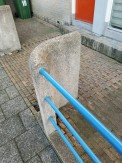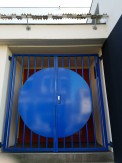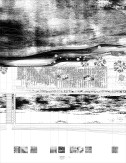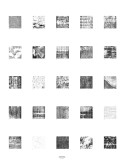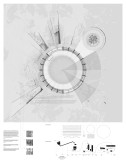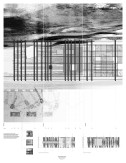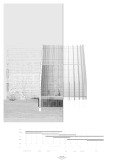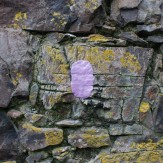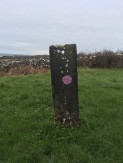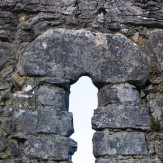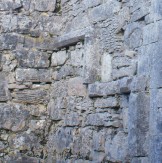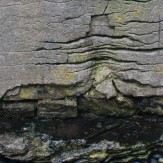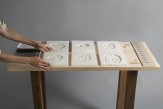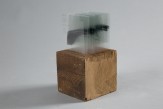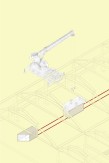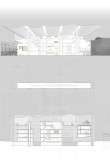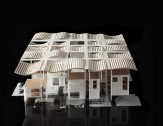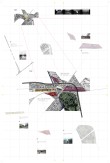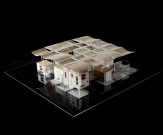2017–2018 Fellowship Recipients
Yu Kiu Rain Chan | Hong Kong, China
Heinrich Dieter Farin
Zachary Christopher Hall | Japan; South Korea
Evan Zane Shirley | The Netherlands
Samuel River Sol | New England, US
Katherine Seana Sullivan | Aran Islands, Ireland
Margaux Nicole Wheelock-Shew | Paris, France
Projects
-

Rain Chan
-
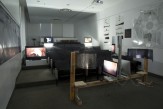
Heinrich Farin
-
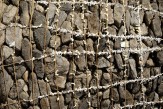
Zachary Hall
-
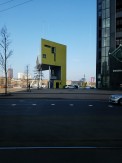
Evan Shirley
-
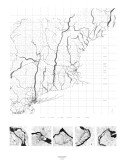
Sam Sol
-

Katherine Sullivan
-
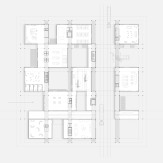
Margaux Wheelock-Shew
Back
Rain Chan
Rain Chan traveled to Hong Kong, a city of tremendous density with very little public space. He documented the informal public spaces that emerge from and transform infrastructure and commercial spaces when buildings in the financial district close for the weekend. For example, the entry area of the Norman Foster-designed HSBC Bank is occupied on the weekends by domestic workers who reprogram the space for singing, dancing, picnics, cinema, etc. Rain investigated these “socio-architectural transformations,” and their potential for repurposing commercial space.
Heinrich Farin
Heinrich Farin’s thesis investigated the production and speculative future of emerging technologies. He used his fellowship award to travel in California with a drone and camera, where he generated 3-D landscapes that he used to create fictional digital environments. He photographed industrial, polluted sites that, unlike similarly compromised and sensitive sites, remain open to the public.
Zachary Hall
Zachary Hall’s thesis research resulted in a typological study and map of traditional and contemporary bath houses in Seoul, South Korea, and Sapporo, Japan. He noted that, in combination with water, light, and nature, “bath house design regulates a potent mix of signifiers and directions in conversation with the human body.”
Evan Shirley
Evan Shirley traveled to The Hague, the Netherlands, and Washington D.C. to explore the intersections between advocacy, policy making, and architecture with a specific focus on housing, housing affordability, and homelessness. He researched records in the National Archives of the Netherlands for models on housing, squatting, and artistic advocacy as part of the country’s history and its changing definitions of what it means to be adequately housed.
Sam Sol
Sam Sol’s thesis was concerned with “the transformation of the post-industrialist condition in relation to contemporary ideas of production.” He traveled through New England to study post-industrial towns as well as abandoned factory enclaves and other defunct structures. He was interested in the “murky middle ground between use and disuse,” and its relationship to literary history, material production, and abandonment.
Katherine Sullivan
Katherine Sullivan traveled to the Aran Islands to document their ring forts and promontory forts as tectonic elements with a very particular relationship to ground and site. Her goal was to make an atlas, as well as drawings and models, exploring geographic and nongeographic sites in relation to a narrative.
Margaux Wheelock-Shew
Margaux Wheelock-Shew traveled to Paris to visit its iconic factories and sites of contemporary labor largely focused on the production of an immaterial “product.” The Gobelins textile factory and Sevrires ceramic factory are still in active production. Other sites of industrial production have shifted function: one that made glass for mirrors now produces lenses for telescopes. Still others have been converted into spaces for tech start-ups, virtual “makers,” and museums. She also researched in the National Archives of Paris and the Musée des Arts et Métiers. Her thesis explored the personal and civic domains of places of work.

